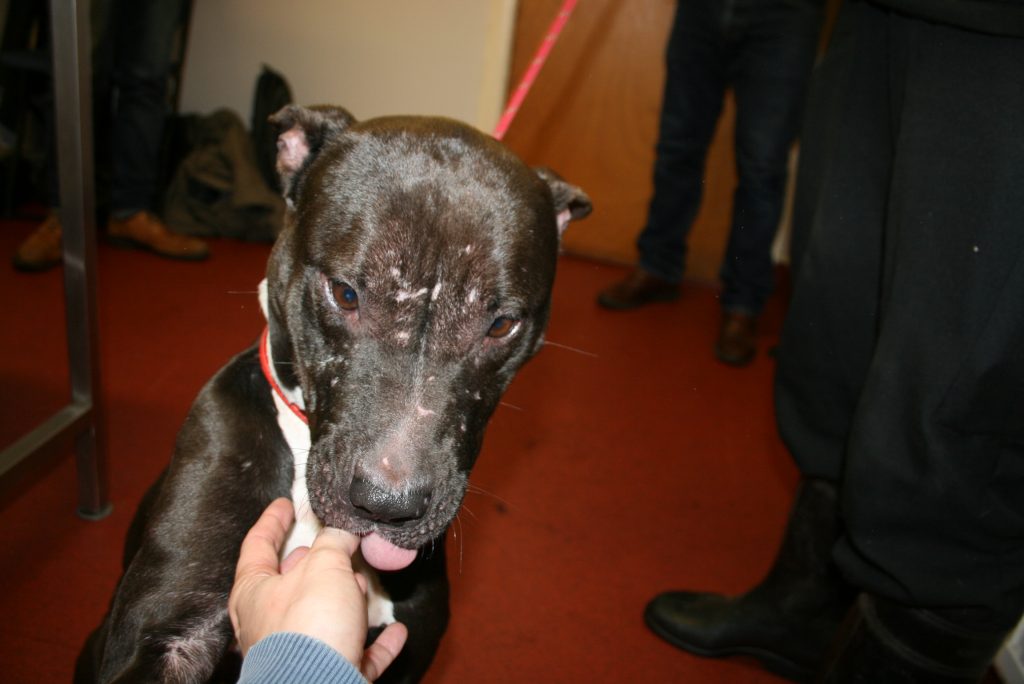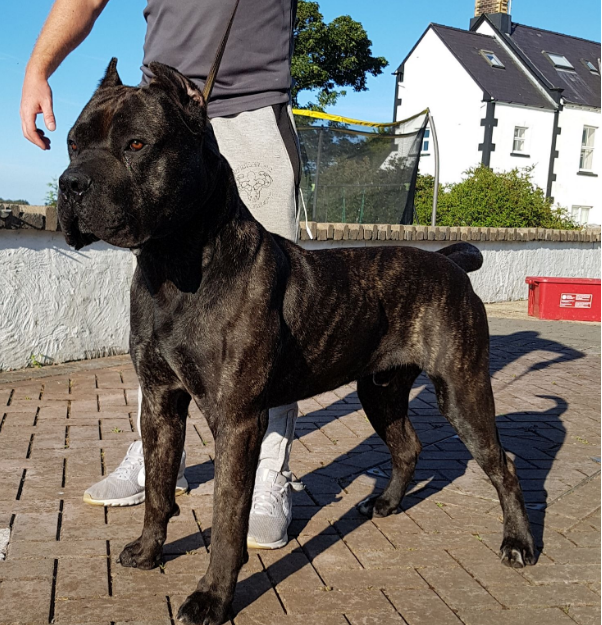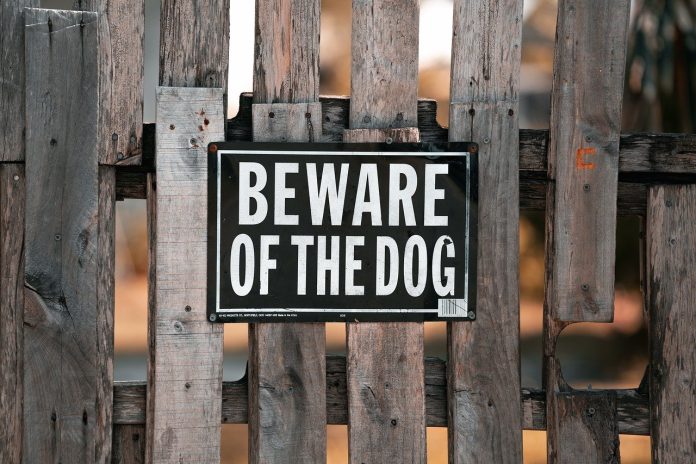Figures released by the RSPCA this August paint a grim picture of dog fighting in England and Wales. The number of calls reporting organised dog fighting to the RSPCA in England has increased by 35% over the past four years; reports of dog fighting incidents to the RSPCA have risen from 399 in 2020 to 537 in 2023, marking an 8% increase from 2022 to 2023.
Earlier this year we wrote about Operation Ghoul, an investigation spanning over two years as well as several countries, which brought to the arrest and sentencing of several individuals from Essex connected to an international dog fighting ring.
The data reveals that the RSPCA received a total of 1,734 reports of organised dog fighting in England between 2020 and 2023. In Wales, 97 reports were received during the same period. Regional statistics indicate that the highest number of reports came from London (186), Greater Manchester (123), and the West Midlands (121).

These numbers, however, only tell part of the story. There is good news, and bad news.
Let us start with the bad news: this is only the number of reports of such activities, with the actual instances of dog fighting – including those which go unreported – certainly higher. And if you’re wondering how many of these reports lead to actual prosecutions… Well, that is quite low. The community around organised dog fighting is notoriously secretive, operating in tight-knit groups – something that makes it particularly challenging to gather enough evidence for a court case.
RSPCA SOU Chief Inspector Will Mitchell said, “Dog fighting is a draconian and barbaric bloodsport which many people believe society has left behind in history. Sadly though, the reality is that we continue to investigate cases today, involving sophisticated networks of people whose passion is breeding, training, arranging and fighting dogs.
“We see career criminals getting their kicks from watching dogs rip each other’s throats out and break each other’s legs. It’s shocking and there is absolutely no place for it in society today.”
Even for some of the lucky ones who are rescued, a death sentence is only delayed
Ian Briggs heads up the RSPCA’s Special Operations Unit, said, “We’ve seen cases in which dogs are forced to fight to the death or are left with catastrophic injuries such as broken legs and deep puncture wounds to their heads and faces. Tragically, the suffering for these dogs doesn’t end in the fighting pit. Injured and dying dogs can be electrocuted to death or even drowned in bathtubs before their bodies are burned to ash. Dogs who refuse to fight or lose in the pit are abandoned.
“Winning dogs are prized but will be left with serious injuries and won’t be seen by a vet but instead patched back together with DIY vet kits by their owners, without pain relief or anaesthetic, until they’re ready to fight again. But no animal deserves heartbreaking abuse. Animals are like us: they feel desperation, confusion and terror. That’s why we’ve launched our summer cruelty appeal, so we can work together to reach more animals facing this abuse.”
Even for some of the lucky ones who are rescued, a death sentence is only delayed: in cases where they are identified as banned breeds under the Dangerous Dogs Act, they cannot legally be rehomed and will have to be put to sleep.

So you may be wondering: where’s the good news? Well, here it is: the increase in reports is more likely to indicate a growing awareness of the problem among the public, rather than a growing number of people getting involved in organised dog fighting.
As Ian Briggs told Dogs Today in July, “I believe that the reason for the increase in reports is, quite simply, more awareness from members of the public. They’re more likely to spot the signs, and more likely to report them to us. And that’s good, it’s what we rely on. So if someone sees something that’s bothering them, if they have concerns about an animal’s welfare – we want them to call us.”
The public’s help remains paramount to bringing organised dog fighting rings to the light, so that dogs can be rescued and those responsible, hopefully, brought to court.
Will added, “As we all work together to try to create a kinder world for animals, it’s time this sort of sickening level of deliberate and gratuitous animal cruelty was stamped out for good – but we need your help to do that. If you have any concerns about dogs or people who may be involved in fighting, please contact our cruelty line on 0300 1234 999.”
What to look out for
Will Mitchell says…
“Dog fighting is a dark, secretive sport but it could be happening near you; in a garage or warehouse in the heart of a city, or on a rural farm in a quiet village. We’d urge the public to contact the police or RSPCA if they have any concerns about dog fighting near them.
Signs can vary but dogs used in fighting will usually have scars on their face, front legs and hind legs, and they can also have damaged ears and puncture wounds. Other suspicious activity includes hiding dogs away in outbuildings or kennels and not exercising in public, as well as groups of people meeting with their dogs.”





